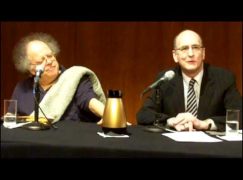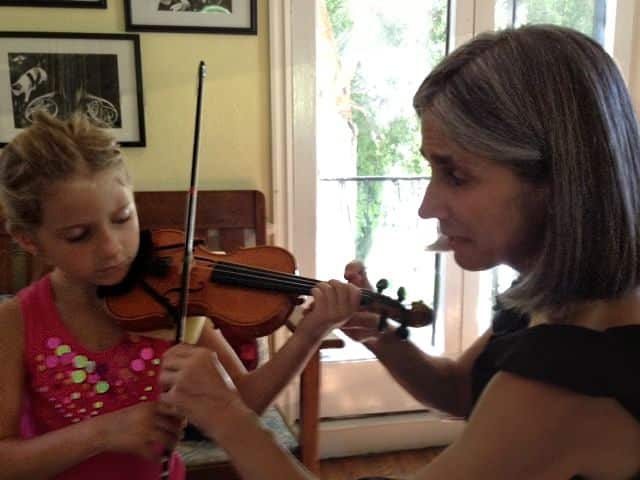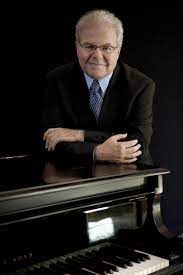The persistent deification of James Levine after the alleged abuse became public
mainThere was an academic conference in Dublin last week on Music and Musicology in the Age of Post-Truth.
Here’s an abstract of one of the papers:
When #TimesUp for Musical Gods: The James Levine Scandal
In 2011, San Francisco Opera general director David Gockly said, “[James Levine] is no ordinary music director…He’s a god.” Such statements become sinister in light of accusations that Levine, former music director of the Metropolitan Opera and Boston Symphony Orchestra, engaged in decades of sexual abuse with his “provocative, cult-like following.” Classical music tends to deify certain individuals, treating some musicians as unimpeachable geniuses. Inherent power hierarchies of orchestras and opera companies intersect with expectations that classical music is a “high” art that prompts spiritual experiences, creating conditions where fans venerate an individual, which conceals abuses of power. Despite the growing case against Levine, some still believe his musical contributions eclipse accusations of impropriety. Discussions of Levine reflect fundamental disagreement over music’s purpose in current society. This paper examines the persistent deification of James Levine after the alleged abuse became public. I put online commentary on Levine from the past and present into dialogue, demonstrating how concepts of genius and deification take on different meanings before and after The Boston Globe’s exposé on the conductor. My analysis reveals how classical music is susceptible to abuses of power and why its institutions must address the growing cultural rift in the era of #MeToo and #TimesUp.

More here.





Comments